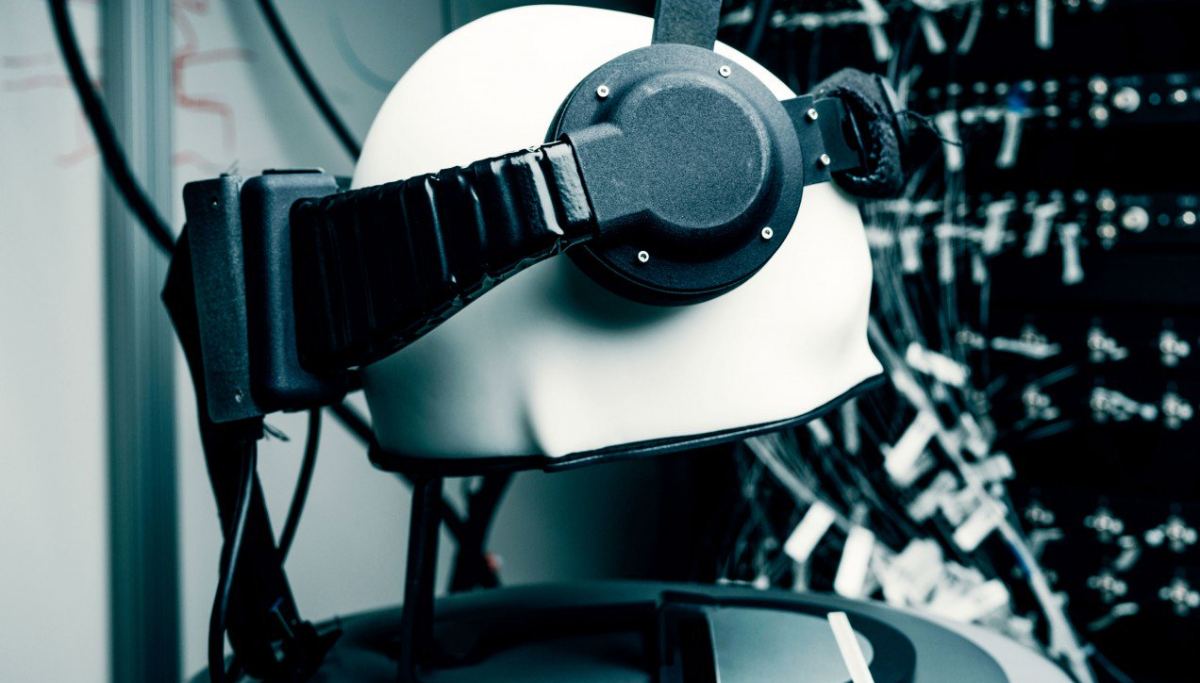
Facebook is developing wearable brain-to-computer glasses
Huge potential for a new technology
An early research kit of a wearable brain-computer interface device, built by Facebook Reality Labs.
Facebook is funding research into translating brain signals into speech. In an article in Nature Communications, scientists from the University of California San Francisco say that they are working towards “real-time decoding of speech in an interactive, conversational setting, which has important implications for patients who are unable to communicate”.
The ultimate goal for Facebook is to create a wearable headset which allows users to control music or to interact in virtual reality using their thoughts.
Facebook itself seems delirious with excitement about the potential of a new technology like this.
Imagine a world where all the knowledge, fun, and utility of today’s smartphones were instantly accessible and completely hands-free. Where you could spend quality time with the people who matter most in your life, whenever you want, no matter where in the world you happen to be. And where you could connect with others in a meaningful way, regardless of external distractions, geographic constraints, and even physical disabilities and limitations.
That’s a future we believe in, and one we think will be fully realized in the ultimate form factor of a pair of stylish, augmented reality (AR) glasses. As Chief Scientist Michael Abrash and the team at Facebook Reality Labs (FRL) see it, we’re standing on the edge of the next great wave in human-oriented computing, one in which the combined technologies of AR and VR converge and revolutionize how we interact with the world around us — as well as the ways in which we work, play, and connect.
There are sceptics. As MIT Technology Review points out:
… the public has reason to doubt whether tech companies can be trusted with a window into their brains. Last month, for example, Facebook was hit with a record US$5 billion fine for deceiving customers about how their personal information gets used.
“To me the brain is the one safe place for freedom of thought, of fantasies, and for dissent,” says Nita Farahany, a professor at Duke University who specializes in neuro-ethics. “We’re getting close to crossing the final frontier of privacy in the absence of any protections whatsoever.”
But Facebook insists that there’s nothing to worry about. “We take privacy very seriously,” says Mark Chevillet, the director of the brain-computer interface research program at Facebook Reality Labs.
Michael Cook is editor of BioEdge
Creative commons
https://www.bioedge.org/images/2008images/FB_frlwearable-bci-research.jpg
facebook
privacy
- How long can you put off seeing the doctor because of lockdowns? - December 3, 2021
- House of Lords debates assisted suicide—again - October 28, 2021
- Spanish government tries to restrict conscientious objection - October 28, 2021
